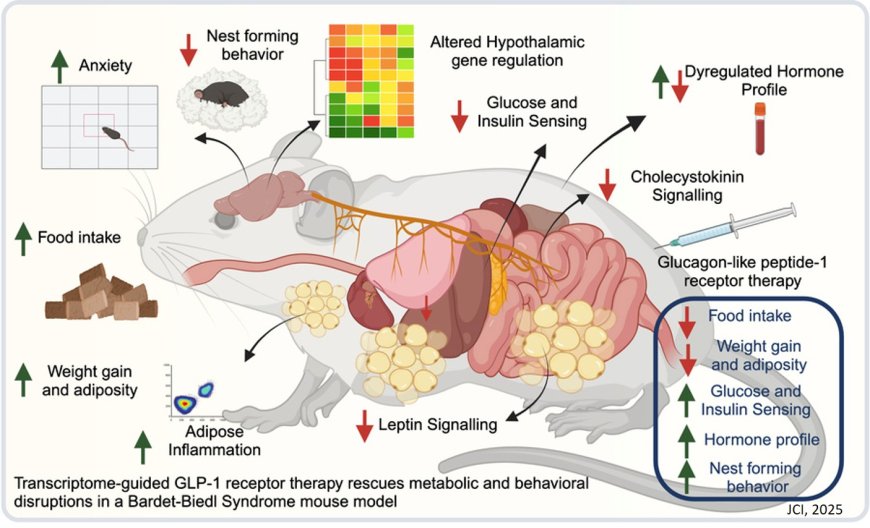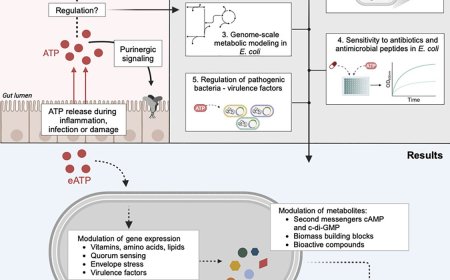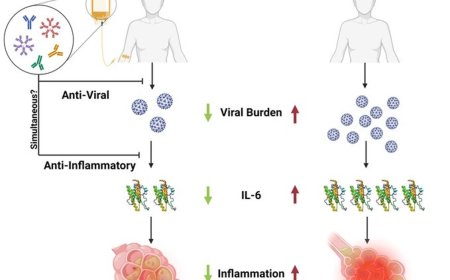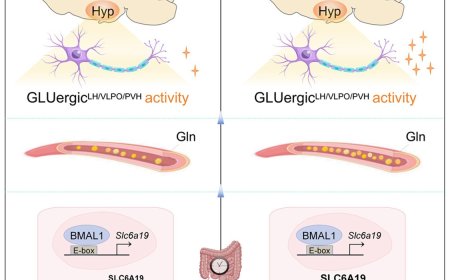Rescuing metabolic and behavioral disruptions in a Bardet-Biedl Syndrome mouse model

Mutations in Bardet-Biedl Syndrome (BBS) genes results in obesity, hyperphagia, and learning deficits leading to BBS with ciliopathy.
The authors show that BBS5-/- mice displayed hyperphagia, learning deficits, glucose/insulin intolerance, and disrupted metabolic hormones, phenocopying human BBS. Increased proinflammatory macrophages and dysfunctional regulatory T cells observed in white adipose tissue along with pancreatic islet hyperplasia and defective insulin action.
The authors also observed in BBS5-/- mice dysregulated endocrine signaling pathways with defects in insulin, leptin, and cholecystokinin (CCK) signalling, while preserving glucagon-like peptide-1 receptor (GLP-1R) responsiveness.
Treatment with a GLP-1R agonist effectively alleviated hyperphagia, body weight gain, improved glucose tolerance, and circulating metabolic hormones in BBS5-/- mice.













